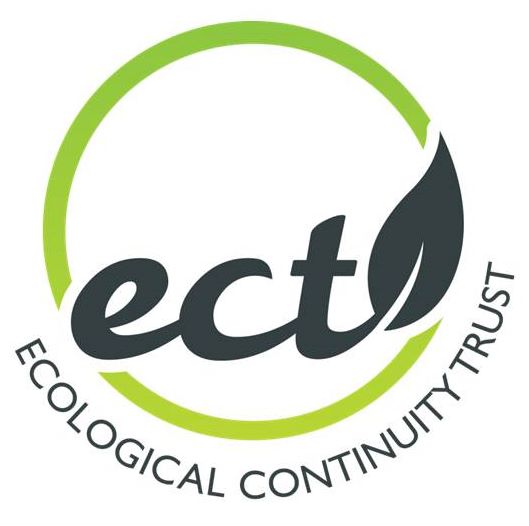An open day in Aberdeen which took place in July showcased the Tulloch Rotational long-term experiment. This LTE was established in 1991 and is unique in Europe as the only rotational experiment that uses livestock for grazing experimental plots.
On the 9th July 2024, SRUC Aberdeen held a public workshop showcasing the range of long-term experiments (LTEs) based at our Craibstone campus. This includes the Tulloch Agroecology Rotation, part of the ECT LTE network. Members of the public, the agricultural industry and fellow SRUC colleagues were in attendance. The day was organised and led by Robin Walker, and involved input from several colleagues who work directly on the Tulloch Rotation.
Participants gathered to hear a number of short presentations, highlighting current and previous research based at Craibstone, including descriptions of the key long-term experimental sites. After refreshments and a lively Q&A session, participants were shown around the long-term trial sites. Fingers and thumbs were crossed that the heavy rain forecast would hold off for the afternoon – always a threat in the summer months in NE Scotland!
Participants touring the Tulloch Agroecology Rotation. Credit: Rob Graham
The Tulloch Agroecology Rotation was established in 1991. During this time, the rotation has primarily examined differences in organic settings between stocked rotations (i.e. rotations including a livestock element; sheep, in our case), and stockless rotations (those without any livestock). A suite of ecological and agronomic metrics were measured over this period. To our knowledge, this rotation is unique in Europe: it is the only rotation to use sheep for grazing of experimental plots. Other rotations simulate grazing by mowing – but we use sheep and therefore can monitor the real-world impacts of livestock inputs and outputs on our experimental platform; thereby truly simulating impacts upon real agroecological landscapes.
It has gone through several iterations over the years. The last major change taking place in 2023, when an alteration in rotation varieties was agreed. Data from this experiment has been part of many high-profile research papers highlighting the value of LTEs to help answer some of the key questions in relation to climate change and landscape adaptation. Participants were excited to hear about the current and future plans for the rotation and lively discussions were had throughout the visit, highlighting the importance of LTEs and demonstrating stakeholder interest. Thankfully the weather held for the day and the skies remained fair throughout!
Lively discussions whilst inspecting the Tulloch Agroecology Rotation. Credit: Rob Graham




